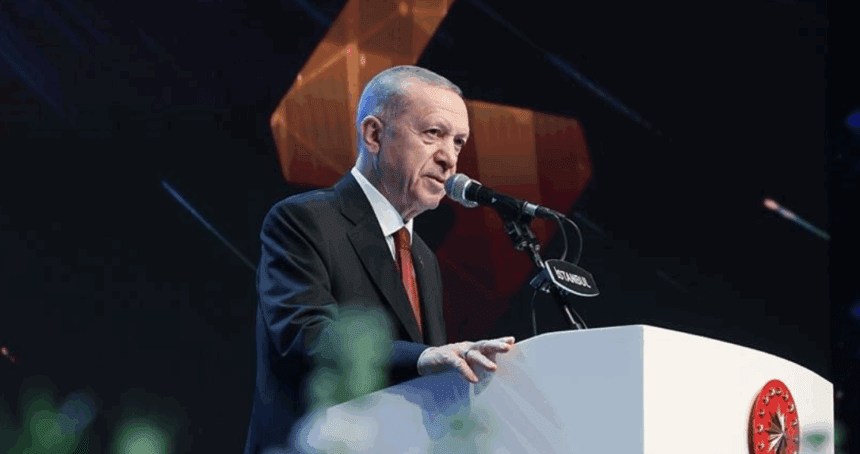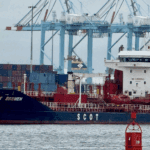Turkey is advancing plans to transform its strategic geographic position into economic opportunities through the Development Road Project, President Recep Tayyip Erdoğan said during his address at the Global Transport Connectivity Forum in Istanbul on Friday.
The Development Road Project aims to establish a vital trade and transport corridor facilitating the movement of goods from Iraq’s Faw Port to European markets via Turkey. This initiative is expected to strengthen regional logistics networks and provide an alternative to existing trade routes, which face challenges due to geopolitical uncertainties and regional tensions.
President Erdoğan stated that, over a 10-year horizon, the Development Road is projected to generate more than $50 billion in production impact and support the creation of an average of 63,000 jobs annually. These figures reflect anticipated direct and indirect economic benefits, including increased industrial activity, improved supply chain efficiency, and employment growth within Turkey and the wider region.
The forum speech also highlighted recent regional security challenges, particularly tensions near the Strait of Hormuz and disruptions in regional airspace, underscoring the importance of secure and reliable transportation corridors for uninterrupted trade flows. Erdoğan emphasized that projects such as the Development Road are critical in mitigating risks associated with volatile maritime and air routes.
In addition to the Development Road, Erdoğan addressed the potential of the Middle Corridor — a transcontinental transport route linking Asia to Europe through the South Caucasus and Turkey. The Middle Corridor initiative, championed by Turkey, Azerbaijan, Georgia, and their partners, seeks to diversify trade routes away from traditional northern and southern corridors, reducing dependency on chokepoints like the Suez Canal or the Russian rail networks. Current trade volume along this corridor via railway is estimated to be around $75 billion. The president projected that ongoing and planned infrastructure projects along the Middle Corridor could result in a production impact totaling approximately $114 billion and generate an average of 144,000 jobs annually.



